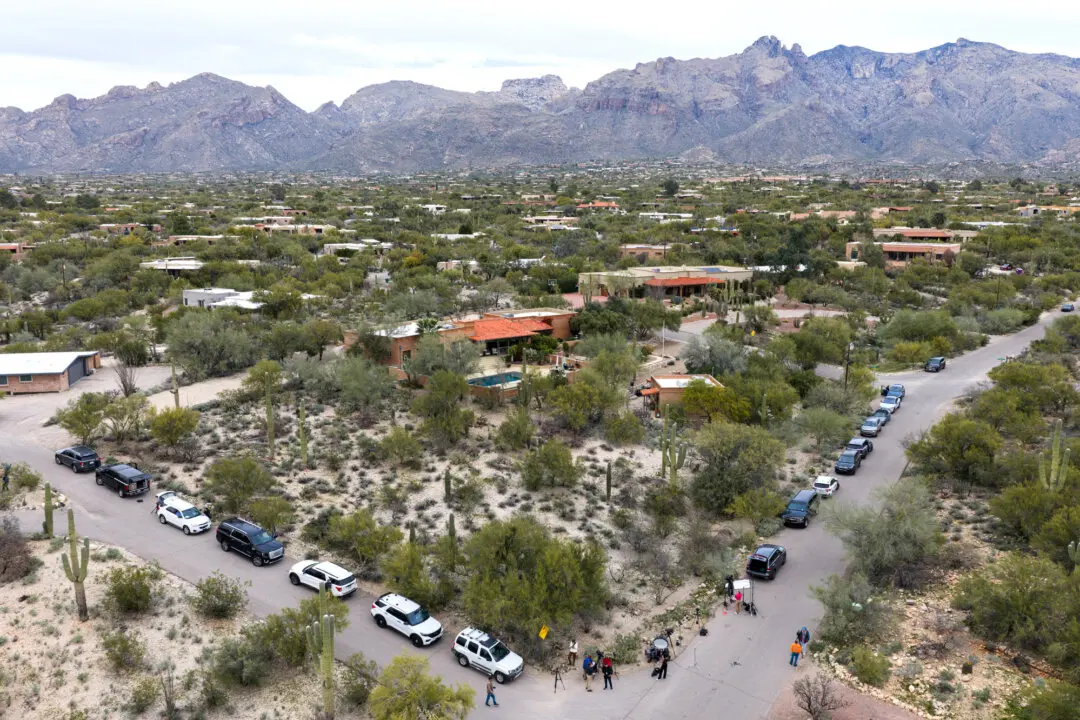A Pennsylvania state court on Wednesday delivered another blow to the state’s universal mail-in ballot law by issuing an order that a previous ruling rendering the law null can take effect starting in March.
Commonwealth Court Judge Mary Hannah Leavitt previously wrote in late January that the law violated the state Constitution. On Wednesday, Leavitt said Republicans who challenged the law are likely to prevail when the state Supreme Court hears the case next month.





